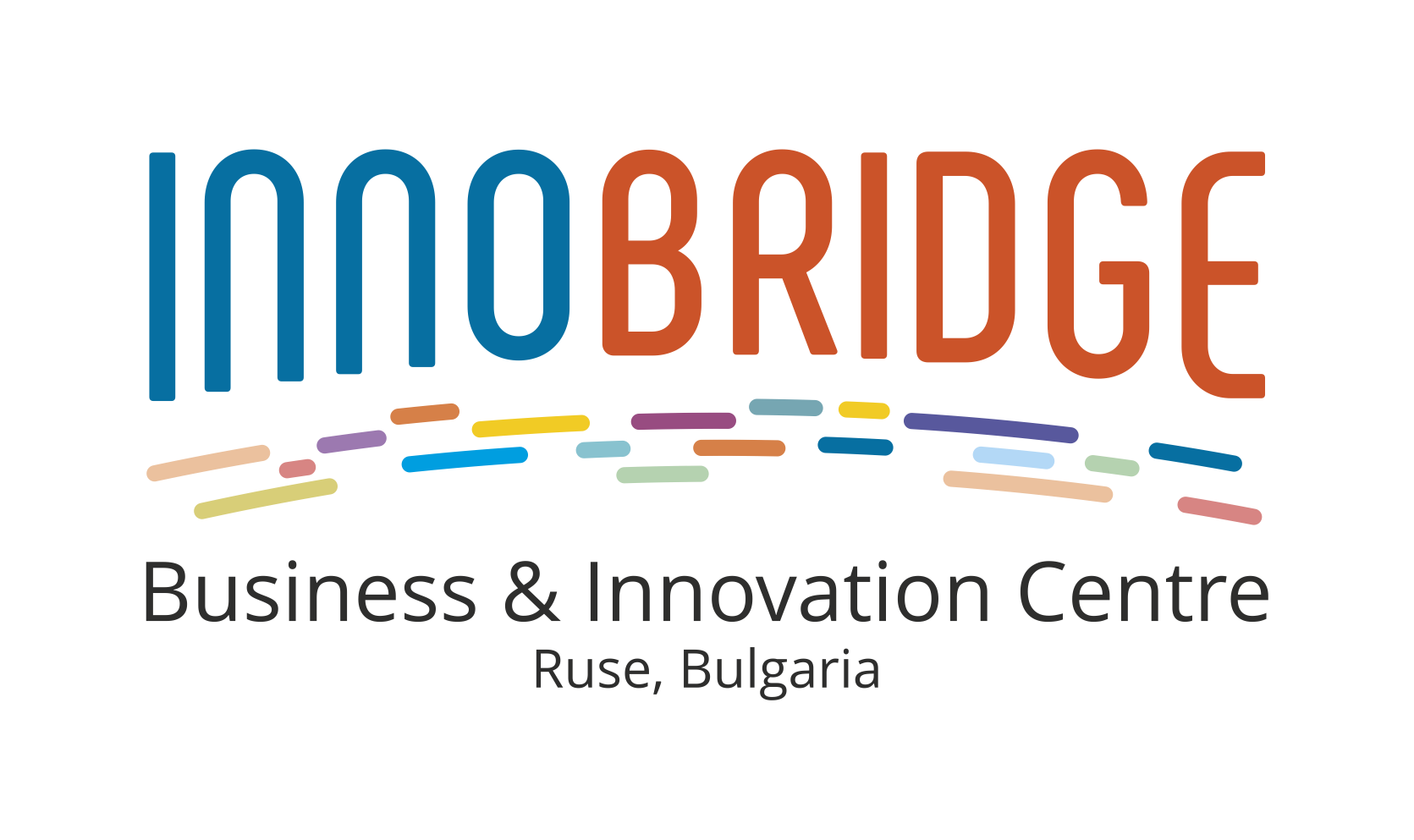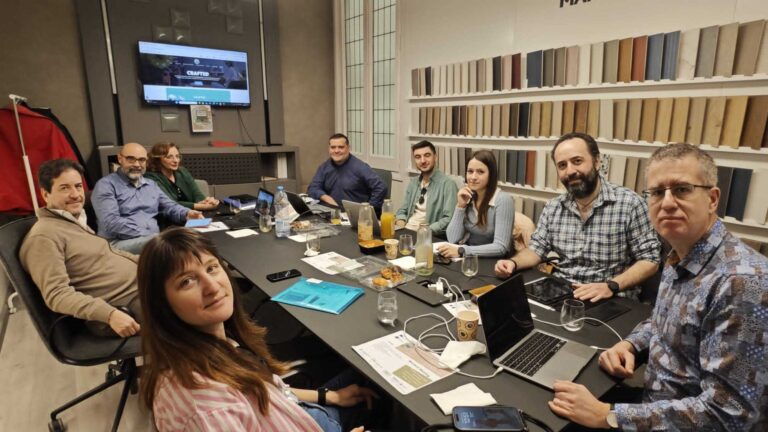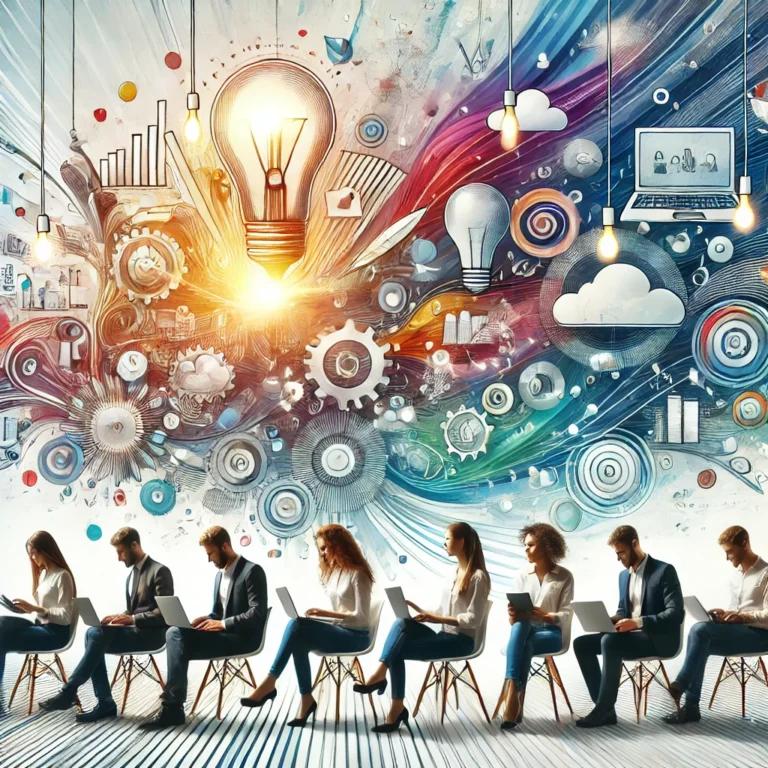How is sustainable development shaping the future of entrepreneurship?
Sustainability has become a foundational element of modern entrepreneurship, redefining the way businesses operate. With increasing global challenges such as climate change, resource depletion and social inequality, entrepreneurs are increasingly focusing their efforts not only on profit, but also on creating long-term value for society and the environment. This transformation is not only a moral commitment, but also an opportunity for success in a changing world.
One of the key ways in which sustainable development affects entrepreneurship is through the application of circular economy principles. Entrepreneurs design business models that minimize waste, extend product life cycles and prioritize renewable resources. These approaches not only reduce the ecological footprint, but also open up new sources of income by using recycled materials or offering services on a subscription basis. One of the most notable examples of circular economy in action is the Swedish company IKEA, which has committed to using only recycled or renewable materials by 2030. They develop furniture that can be easily disassembled and recycled, also offering buy-back programs for old products. This strategy not only reduces waste, but also encourages customers to engage in sustainable practices.
In addition, sustainability drives innovation, prompting entrepreneurs to rethink traditional practices. Start-ups and established businesses invest in solutions for renewable energy, sustainable agriculture and environmental technologies. These innovations address pressing global issues while meeting the expectations of increasingly conscious consumers who value environmentally and socially responsible brands.
Entrepreneurs also embrace social sustainability by emphasizing inclusiveness and equal access. From creating jobs in underdeveloped regions to developing affordable products and services, businesses are finding ways to combine profit with positive social effects. This dual approach enhances brand reputation and builds customer loyalty in a competitive environment. For example, through the principles of social entrepreneurship, the Bulgarian association "THERE IS US TOO" offers services that not only support those in need, but also generate income for the sustainable development of the initiative. Their activities are aimed at creating opportunities for socialization and professional training of people with disabilities, thus contributing to the construction of a more inclusive society, combining economic and social goals.
The examples above show that sustainable development is not just a modern trend, but a major driver of innovation and growth. Companies that invest in sustainable practices create not only economic benefits, but also a positive impact on society and the environment. This not only provides them with a competitive advantage, but also positions them as leaders in the future global economy.
Business Innovation Centre Innobridge seeks not only to support entrepreneurs and local companies in their development, but also to guide them in implementing sustainable business practices that integrate innovation with social and environmental responsibility. By building bridges between ideas and implementation, science and business, we believe that sustainable development is the key to long-term success and positive change in the economic and social environment.







